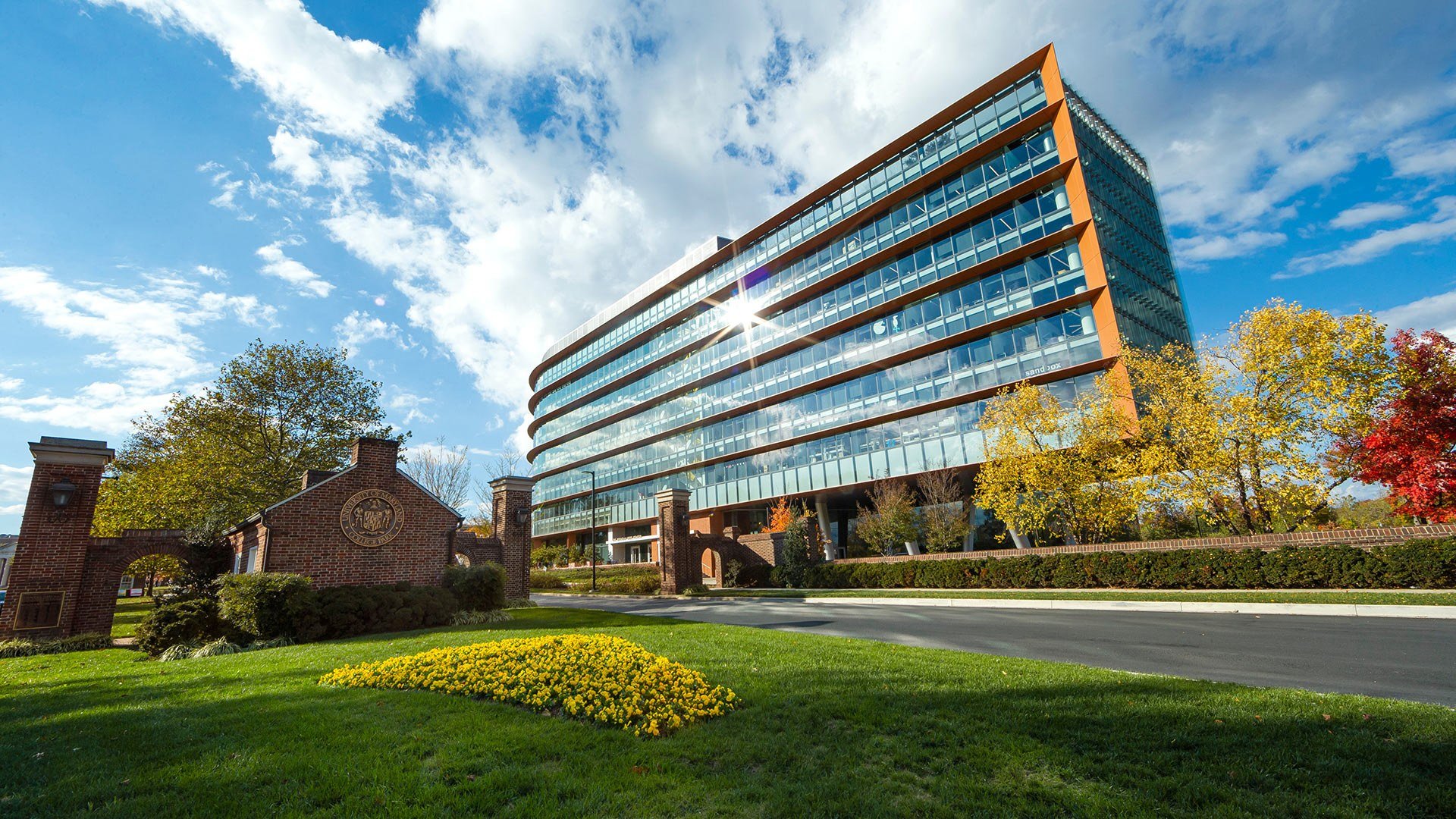
Postdoctoral Researcher, University of Maryland
Hawra Rabaan
Area of Expertise: Equity-centered Design
Hawra Rabaan is a postdoctoral researcher in the College of Information at the University of Maryland. Her research is driven by a deep consideration for designing technologies that address cultural and gender-based inequities.
-
Hawra Rabaan and Lynn Dombrowski. 2023. Survivor-Centered Transformative Justice: An Approach to Designing Alongside Domestic Violence Stakeholders in US Muslim Communities. In Proceedings of the 2023 CHI Conference on Human Factors in Computing Systems (CHI '23). Association for Computing Machinery, New York, NY, USA, Article 296, 1–19.
Abstract: While domestic violence (DV) is prevalent in all socioeconomic settings, identity highly impacts how one experiences and recovers from abuse. This work examines US-based Muslim women’s challenges when seeking help and healing from domestic violence. Through participatory interviews with 23 participants within the DV ecosystem, we find that victim-survivors’ autonomy is compromised throughout the abuse, within their immediate communities, and when involving the criminal justice system. To address such harms, we adapt a survivor-centered transformative justice (SCTJ) approach, a framework to discern individual and systemic harm, to understand how to design alongside victim-survivors, and to focus on victim-survivors’ autonomy. We explain under what conditions an SCTJ approach may be productive for designers. We use insights from our interviews to highlight intervention areas for reducing harm, repairing harm, and promoting healing for victim-survivors. Lastly, we offer guidelines to design for harm reduction, accountability, and systemic change.
-
Rabaan, H., & Dombrowski, L. (2024). Healing Structures: Sociotechnical Mechanisms for Centering Survivors of Domestic Violence within US-Based Marginalized Communities. Proceedings of the ACM on Human-Computer Interaction, 8(CSCW2), 1-43.
Abstract: Domestic violence (DV) survivors from marginalized communities face serious challenges when seeking governmental services and community resources. Current resources often overlook victim-survivors' needs, neglecting their choices and autonomy. Through studying the context of DV within the US-based Muslim community and embracing a Survivor-Centered Transformative Justice approach, we introduce healing structures, structures promoting justice for victim-survivors and their communities, where healing is promoted by tackling harmful practices and discriminatory laws and fostering collective and survivor-centered interventions. Through focus groups, design concepts, and expert evaluations, we unveil three sociotechnical processes that establish healing structures for survivors and their communities when implemented collectively and simultaneously. The processes are: 1) Survivor advocacy, ensuring safety, empowerment, informed decision-making, and care continuity. 2) Community accountability, encouraging reparation and behavioral change of abusers through communal intervention and support. 3) Institutional transformation, reshaping broader conditions perpetuating abuse through preventive measures and structural reform. We conclude by reflecting on healing structures and discussing their design implications and potential tensions.
-
Rabaan, H., Young, A. L., & Dombrowski, L. (2021). Daughters of men: Saudi women's sociotechnical agency practices in addressing domestic abuse. Proceedings of the ACM on Human-Computer Interaction, 4(CSCW3), 1-31.
Abstract: While domestic abuse is an all too common experience for women worldwide, how people experience the abuse and their resources to deal with the abuse differ. In this qualitative, interview-based study, we examine Saudi women's domestic safety concerns living in Saudi Arabia and the United States. Based on non-Western Islamic feminist views of agency, we identify three key practices, focused on how women resist or deal with their domestic violence. For each practice, we highlight how interwoven cultural, religious, and political contexts impact Saudi women's ability to recognize and deal with domestic abuse. We attend to technology's role in enabling or hindering women's agency. These practices include: 1) recognizing abuse, where women identify abusive situations, 2) managing abuse, where women find ways to cope with ongoing or anticipated abuse within their constraints and resources, and 3) seeking non-abusive futures, where women decide how to mitigate the abuse or leave their abuser. Given domestic violence's complicated nature, we highlight several key design recommendations based on women's values.
Full Paper

